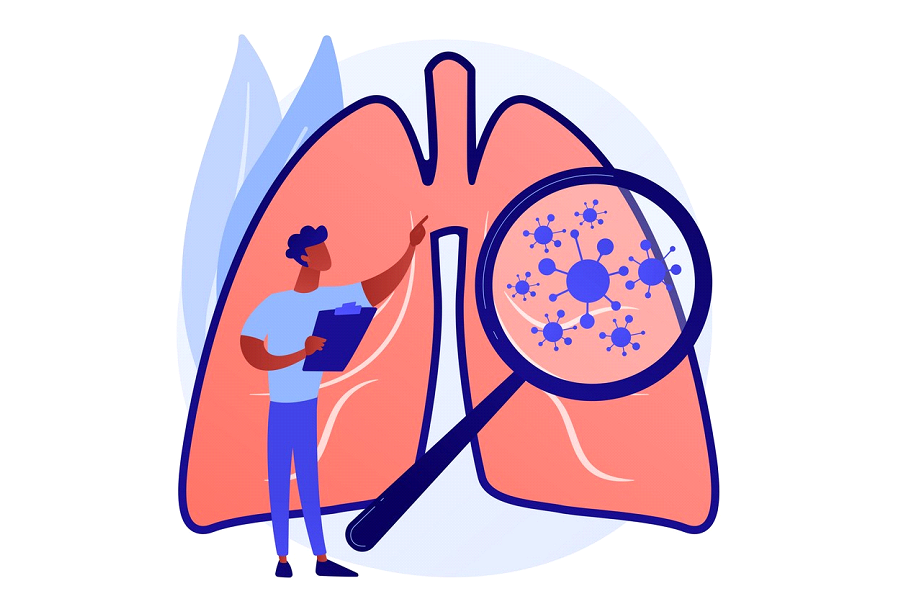- Respiratory diseases
Particulate matter can cause irritation and inflammation of the airways, which can lead to symptoms such as coughing, shortness of breath, wheezing, and tightness in the chest. People with pre-existing respiratory diseases such as asthma, bronchitis, and COPD are especially sensitive to these effects and may experience more symptoms. Pulmonologists even indicate that fine particulate matter shortens the average person's life by one year.

2. Cardiovascular diseases
Fine particulate matter can also increase the risk of cardiovascular diseases. It can damage blood vessels and cause inflammatory reactions that can lead to high blood pressure, arrhythmias, strokes, and heart attacks. This is especially true for people with pre-existing heart disease or risk factors such as high blood pressure, high cholesterol levels, and diabetes. Recent research in Japan has shown that even brief exposure to low concentrations of fine particulate matter increases the risk of cardiac arrest. The study shows a clear link between acute air pollution and heart problems. The research shows that for every increase of 10 micrograms per cubic meter in PM2.5 fine particulate matter concentration, the risk of cardiac arrest increases by 1 to 4 percent. This shocking conclusion is based on an analysis of a quarter of a million cases of out-of-hospital cardiac arrests in Japan. The study demonstrates a clear link between acute air pollution and heart problems. Cardiologist and lead author of the study, Kazuaki Negishi (University of Sydney), emphasizes that the research shows that fine particulate matter poses a serious threat to cardiovascular disease.
3. Cancer
Fine dust is also linked to various types of cancer such as breast cancer and cancers of the digestive system (esophagus, stomach, intestine, pancreas, liver). Particulate matter poses the greatest threat to the lungs. Even with minimal amounts of air pollution from fine particulate matter, the risk of lung cancer increases by 20 percent, according to a study by the University of Utrecht. In fine particulate matter hotspots such as urban areas, the risk of lung cancer increases by 80 percent.
4. Neurological disorders
In addition to respiratory diseases, cancer, and cardiovascular diseases, particulate matter is directly linked to neurological disorders. There is growing evidence that prolonged exposure to fine particulate matter can lead to neurological disorders such as Alzheimer's disease, Parkinson's disease, and other forms of dementia. Fine dust particles can be inhaled through the nose and mouth and enter the bloodstream through the lungs, allowing them to reach the brain and cause inflammation. Researchers fear that this is just the tip of the iceberg because there is little research on the links between inflammation caused by fine particulate matter and the impairment of brain function.
In summary, the health problems associated with fine particulate matter are serious. The symptoms have a huge impact on the quality of life of people around the world. It is alarming that these symptoms are not limited to respiratory diseases, cardiovascular diseases, and cancer, but also include neurological disorders. The results of recent research leave no room for doubt: fine particulate matter is a serious threat to health and should be taken seriously. It is up to all of us to be aware of the risks of particulate matter and take action to reduce our exposure to this air pollution, in order to protect our health.



